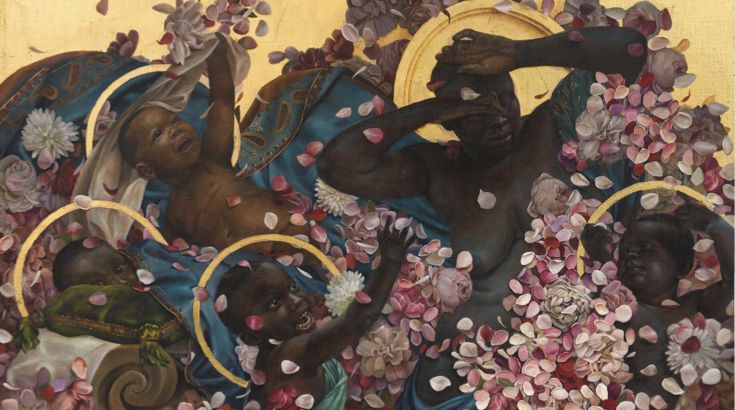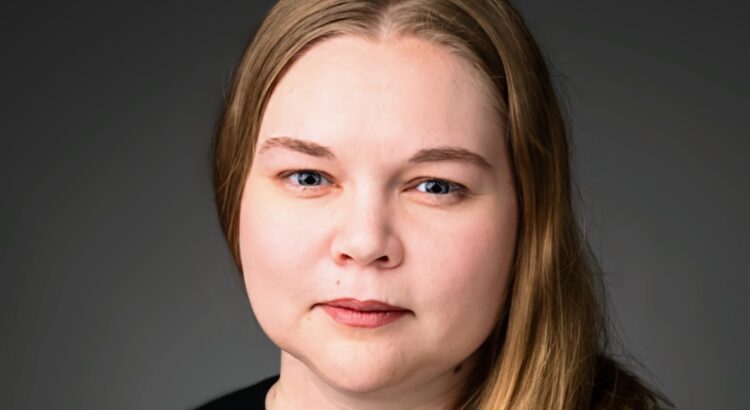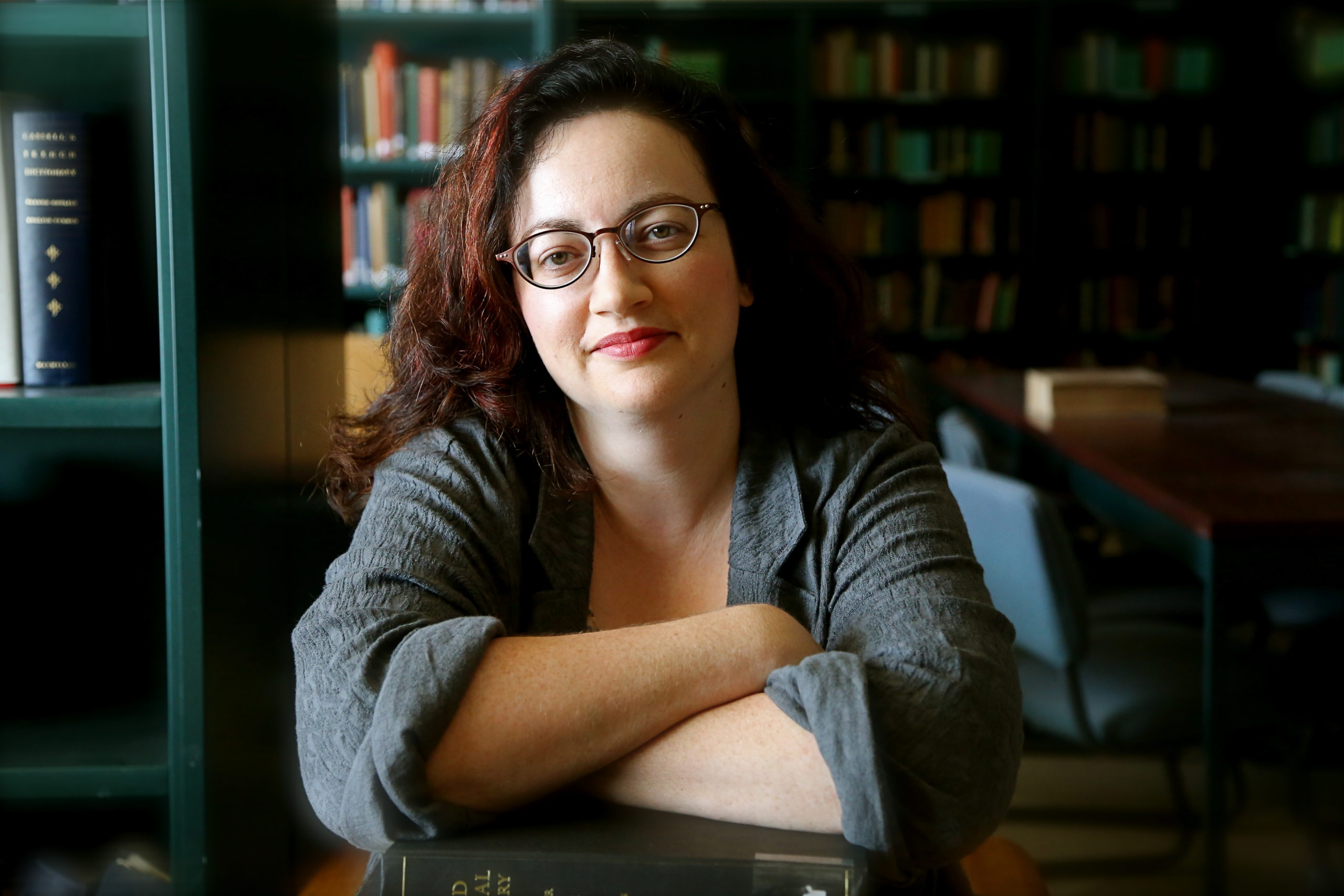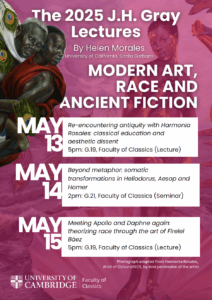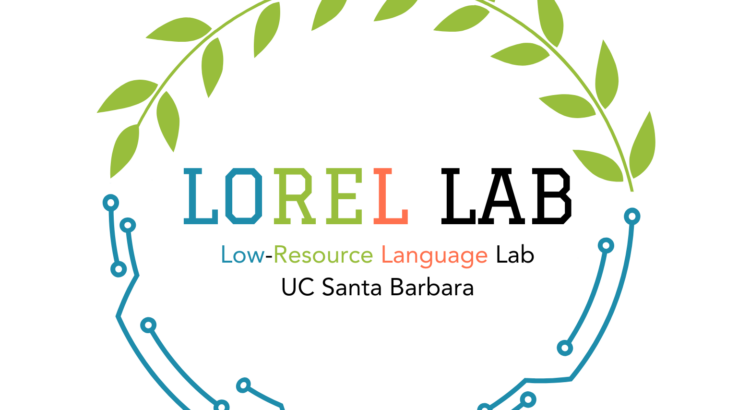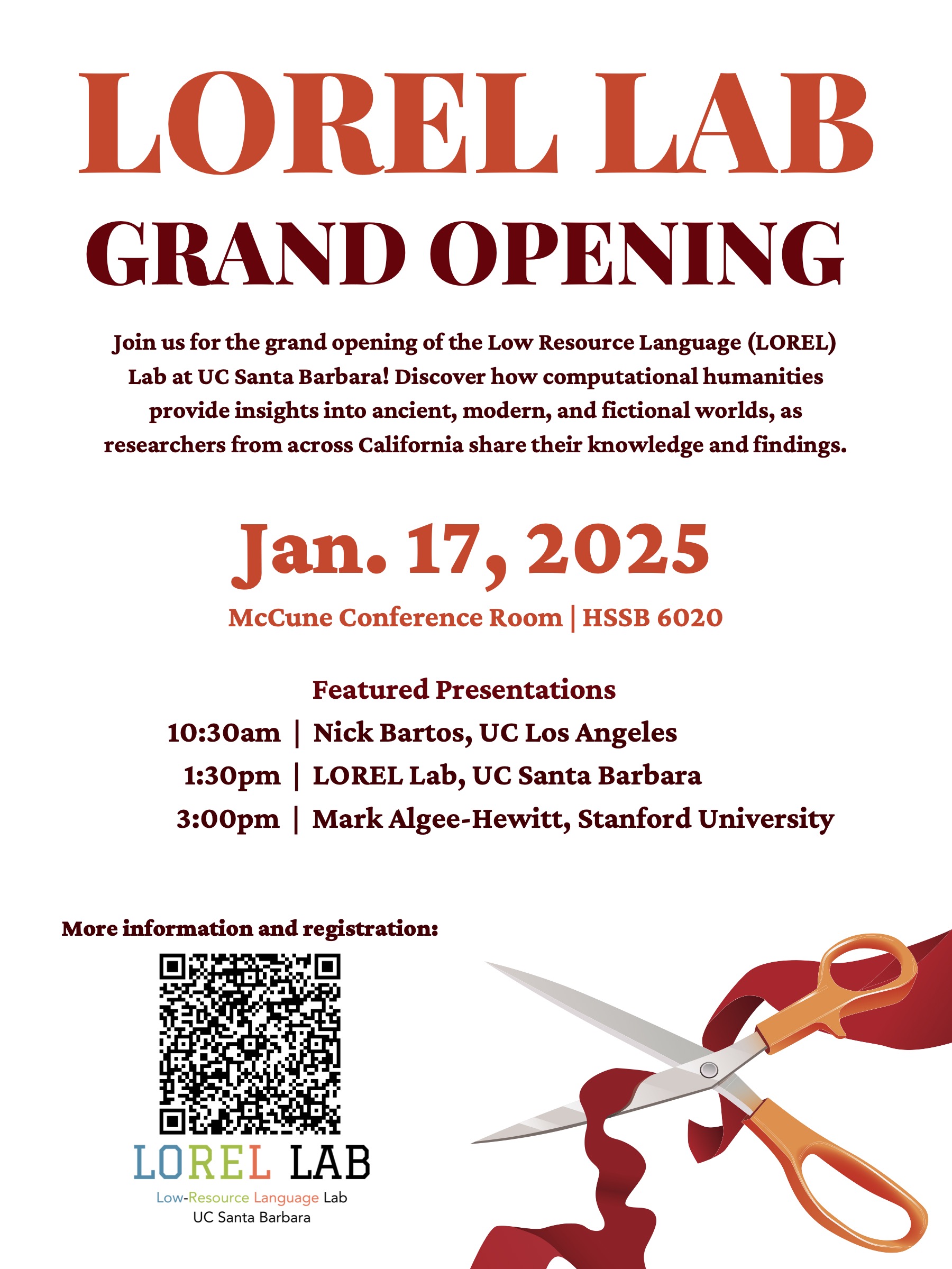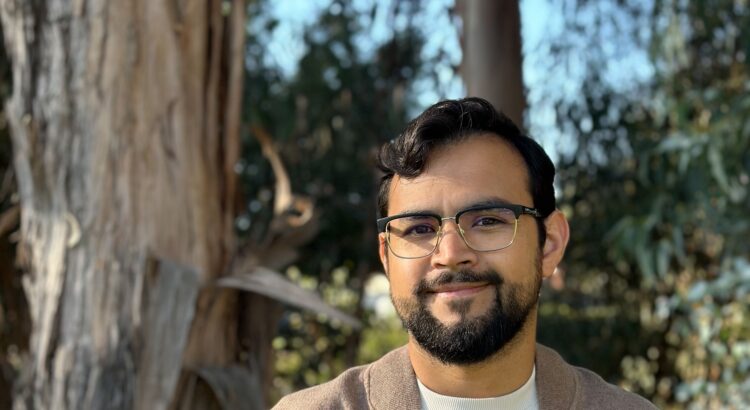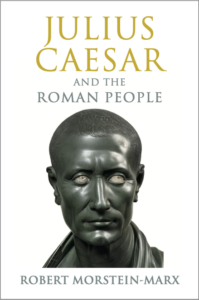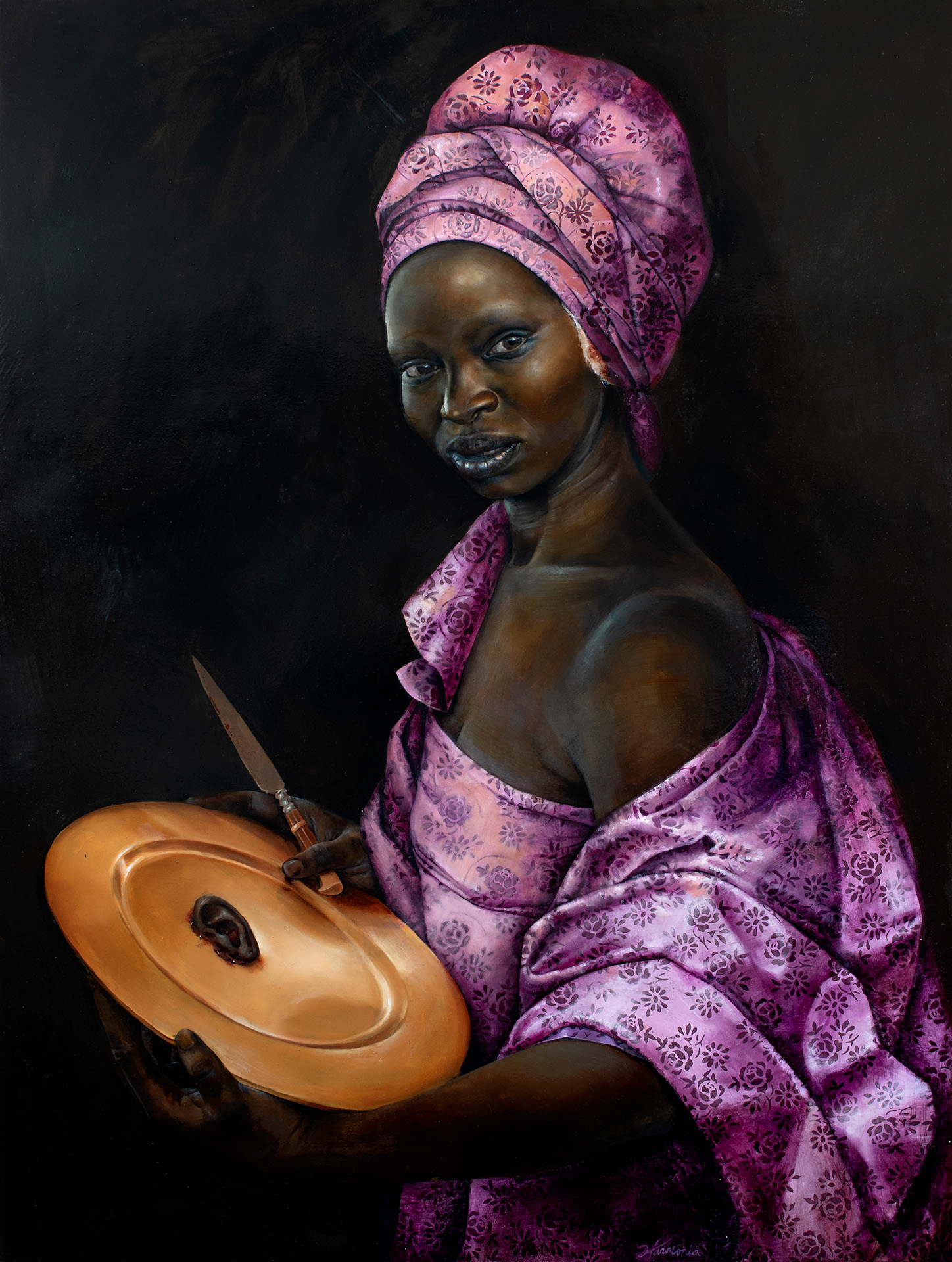Job #JPF02629
Classics / College of Letters & Science – Humanities and Fine Arts / UC Santa Barbara
Apply now: https://recruit.ap.ucsb.edu/JPF02629/apply
View this position online: https://recruit.ap.ucsb.edu/JPF02629
POSITION OVERVIEW
Position title: Assistant Professor
Salary range: The posted UC salary scales set the minimum pay determined by rank and/or step at the time of appointment. See Table 1 for the salary ranges. Off-scale salaries and other components of pay, i.e. a salary that is higher than the published system-wide salary at the designated rank and step, are offered when necessary to meet competitive conditions. A reasonable estimate for this position is $78,700 – $102,200 at the Assistant Professor level.
Percent time: 100%
Anticipated start: July 1, 2024
APPLICATION WINDOW
Open date: November 1, 2023
Next review date: Friday, Dec 1, 2023 at 11:59pm (Pacific Time)
Apply by this date to ensure full consideration by the committee.
Final date: Sunday, Jun 30, 2024 at 11:59pm (Pacific Time)
Applications will continue to be accepted until this date, but those received after the review date will only be considered if the position has not yet been filled.
POSITION DESCRIPTION
The Department of Classics at the University of California, Santa Barbara, invites applications for a full-time, tenure-track Assistant Professor position in Classics & Digital Humanities to begin on July 1, 2024.
Requirements for the position include a PhD (or its international equivalent) in Classics or closely related fields (e.g. Greek/Roman concentrations in History, Comparative Literature, Art History/Archaeology, Religious Studies); a record of research combining Classics and Digital Humanities; competence in Greek and/or Latin and the ability to teach Greek and Roman literature, culture, history, or archaeology at the undergraduate level or higher.
The position carries a teaching load of 5 or 4 courses (in alternating years) over three quarters. Duties will include developing and teaching graduate and undergraduate courses, supervising and mentoring graduate degree candidates, contributing as a dissertation committee member or as dissertation advisor, and participating in the administrative activities and intellectual life of the Department and the University. The University is especially interested in candidates who can contribute to the diversity and excellence of the academic community through research, teaching, and service as appropriate to the position.
The Department is home to a vibrant community of faculty, graduate students, and undergraduate majors and minors. For more information about our research strengths, PhD program, and undergraduate curriculum, go to: https://www.classics.ucsb.edu/
In 2023-24, a wide array of UC Santa Barbara departments is partnering with the Office of Diversity, Equity, and Inclusion to launch a special faculty recruitment initiative named after Benjamin Banneker, the 18th-century African American mathematician, astronomer, anti-racist, engineer, ecologist, and peace advocate. Funded by an Advancing Faculty Diversity grant from the UC Office of the President, with the goal of diversifying faculty, research, and curriculum, the Banneker Initiative aims to recruit scholars, scientists, and engineers whose disciplinary and interdisciplinary work would take place within the community of interests exemplified by Banneker’s intellectual, ethical, and social commitments as an African American scientist. Applicants may be eligible to be fellows in the Benjamin Banneker Initiative. The community of Banneker Fellows will receive funding for cohort building and professional development activities, including enrollment in the National Center for Faculty Development and Diversity Faculty Success Program, proposal writing training, and seed grants.
QUALIFICATIONS
Basic qualifications (required at time of application)
• At minimum, applicants must have completed all requirements for a PhD (or international equivalent) in Classics or a closely related field (e.g. Greek/Roman concentrations in History, Comparative Literature, Art History/Archaeology, Religious Studies) at the time of application.
Additional qualifications (required at time of start)
• A PhD in Classics or a closely related field (e.g. Greek/Roman concentrations in History, Comparative Literature, Art History/Archaeology, Religious Studies) is required by the time of appointment.
Preferred qualifications







